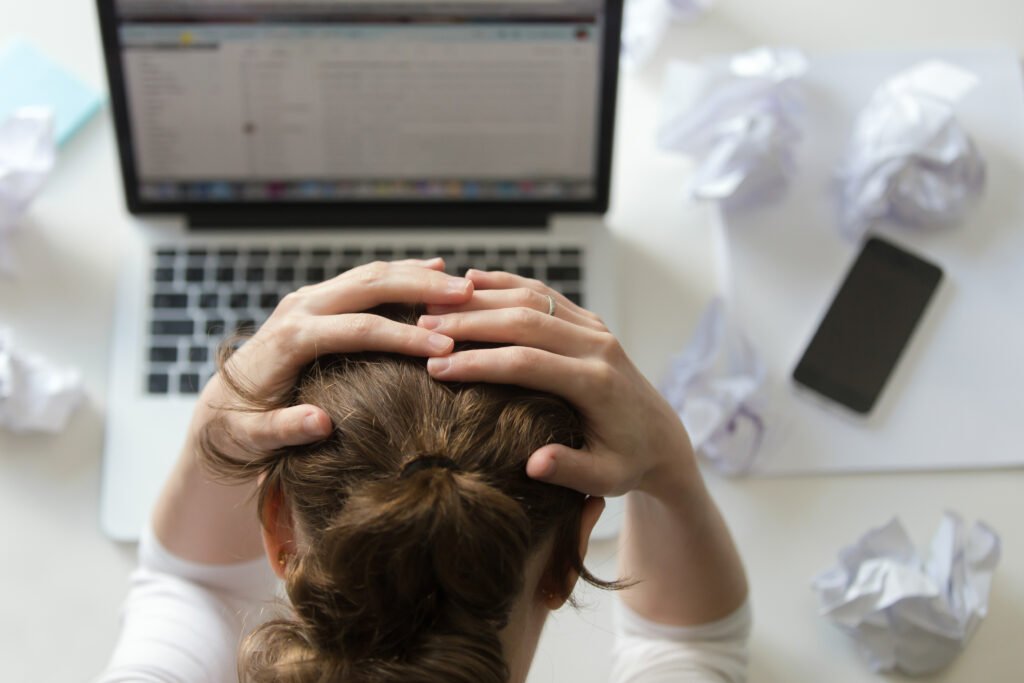
Burnout. It’s that overwhelming sense of mental, physical, and emotional exhaustion. And for those of us with ADHD, it can hit like a freight train—fast and hard.
Why ADHD and Burnout Go Hand-in-Hand
Managing ADHD takes constant effort. You’re juggling forgetfulness, distractions, impulsivity, and emotional intensity—all while trying to “keep up” in a world that doesn’t run on ADHD time. Over time, that mental load leads to burnout.
Research indicates that individuals with ADHD often experience emotional challenges. For instance, a study published in Frontiers in Psychology discusses emotional fluctuations in adults with ADHD, suggesting a link between ADHD and emotional dysregulation*.
When burnout hits, it doesn’t just feel like fatigue. It can look like this:
- You can’t focus—even on things you enjoy.
- Small tasks feel huge—washing dishes or sending a text feels impossible.
- You shut down emotionally—everything feels too much.
ADHD-Friendly Self-Care Strategies for Burnout
- Shrink Your To-Do List
- Instead of trying to “push through,” ask yourself: What’s the absolute bare minimum I need to do today? Focus only on those essentials.
- Why it works: Reducing the pressure gives your brain permission to rest and recharge.
- Move Your Body (In Small, Fun Ways)
- No need for intense workouts—try stretching, dancing to one song, or taking a 5-minute walk outside. Movement releases endorphins, which naturally lower stress.
- Why it works: Exercise boosts dopamine and energy levels, which ADHD brains are often short on.
- Schedule Guilt-Free Rest
- Block 10-20 minutes in your day where you do nothing “productive.” Whether it’s watching funny cat videos or daydreaming, rest is essential—not indulgent.
- Why it works: Regular breaks prevent burnout from spiraling into total shutdown.
A Note to Remember
If you’re feeling burnt out, you’re not failing—you’re human. ADHD brains work overtime, and it’s okay to slow down, set boundaries, and recharge. Start with one small step today.
Amy Harper
www.frontiersin.org/journals/psychology/articles/10.3389/fpsyg.2020.571101/full